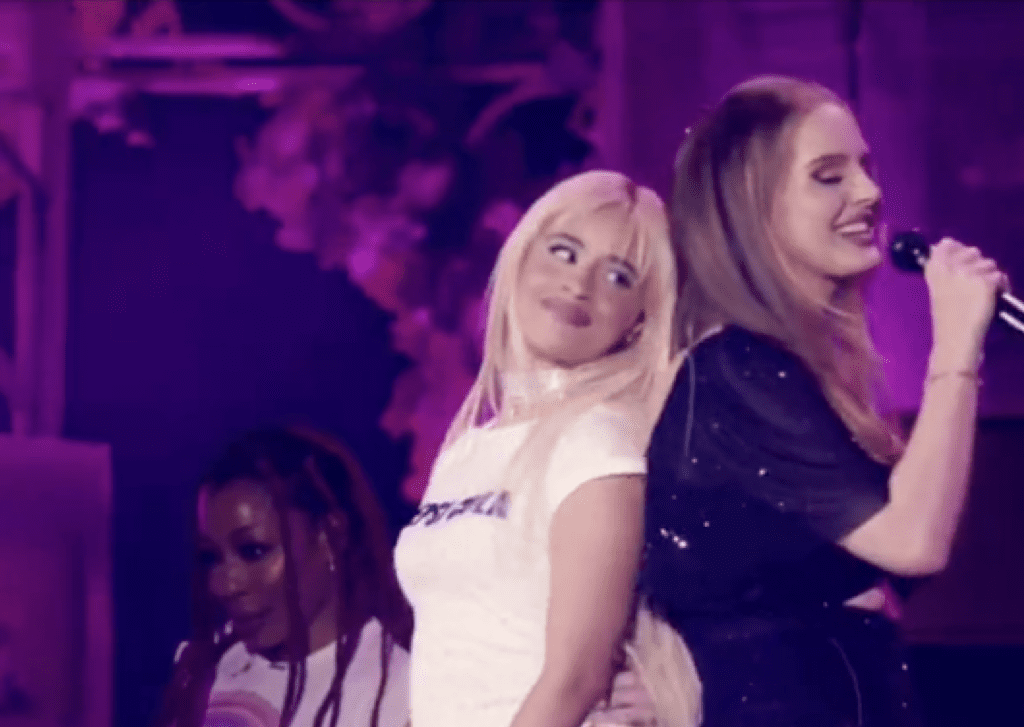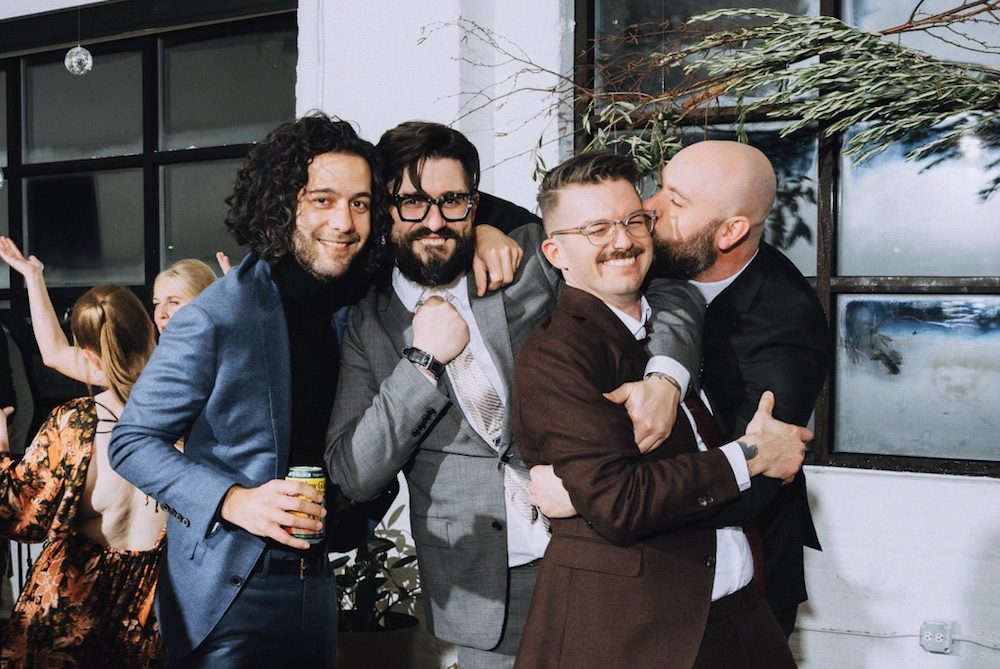
For hip-hop fans, the mixtape download service Datpiff was a necessity as much as a tool. At a time where the dynamics of the game were changing in the corporate world – Jay-Z literally became an executive — the best music was still on the streets. More specifically, it was on the internet, on a site that seemed to go offline Monday, years removed from its prime.
During Datpiff’s peak era, from its founding in 2005 up through the rise of streaming in the mid-2010s, a kid could download a zip file and receive the new wave of hip-hop at that moment. Whether that was Dedication 2, Dipset mixtapes, or even blog-rap creations like So Far Gone, the website was a vessel for new ideas and the freedom from cynical commercialism. Datpiff tapes existed in a space somewhere between demos and focus-grouped commercial albums. It’s where Lil Wayne, the king of the mixtape era, perfected his syrupy flow with boombastic lyrics about whatever came to his deranged id. It’s where rappers worked their way from obscurity to stardom. It was the delivery system for countless essential works, a push back against the cage-like limitations of commercial rap music.
The Datpiff mixtape — an archetype as steeped in hip-hop history as the mafioso rap album — is dramatically missing from the current landscape. Streaming services cost $9.99 or more, and none of them contain Jadakiss’ Consignment or Lil Wayne’s best music. There was nothing like downloading files on your computer because the songs weren’t available in retail stores. As streaming became the norm and artists realized they could increase visibility and be paid for their mixtapes, the artform as it existed on Datpiff essentially ceased to exist. Sometime around Drake’s If Youre Reading This Its Too Late in 2015, the line between street mixtapes and albums was obliterated — so much so that a calculated album can be promoted as a mixtape, letting the artist maintain a veneer of casualness about the record.
Even worse, the mixtape format has been reduced to a shrewd way of doing business with labels. This is best exemplified by Young Thug’s career: 2019’s So Much Fun was considered his debut album after years of albums that cosplayed as “mixtapes.” Because of Thug’s generational superstardom and syllable-bending flow, the lack of an official album did not affect his music, and the schematics of category never mattered. Still, it was always gauche that Barter 6 wasn’t considered an album. It was released on Apple Music. It is not a playlist full of remixes; it is a pristine document stamped with the approval of Bryan “Birdman” Williams.
Many classic Datpiff mixtapes, including Lil Wayne’s Dedication 2 and Da Drought 3, featured rappers going in over uncleared samples, often delivering their own freestyles over existing hits. Often, when those tapes come to streaming, they are missing a song because a sample cannot clear, or in Wayne’s case, are remixes. This is the sterility of wealth and corporation-backed outlets coming to saturate us with disappointment. If mixtapes are where the emancipation of hip-hop can live, then streaming is where expressiveness is held captive and risk-taking goes to die.
Datpiff is also where rappers could build fanfare if the commercial game became harder for them to navigate. Jadakiss’ Consignment mixtape was developmental for me. So was the malt-liquor and weed-hazed Max B and French Montana’s Coke Wave. Those rappers weren’t always at their best on the studio albums available to me at iTunes or Best Buy. In hip-hop, a notoriously bootlegged operation, some rappers’ resumes are best considered in the mixtape form. Mixtapes were also the ideal medium for some of the DJs who helped to make them. Clue tapes and Kay Slay tapes are impeccable. DJ Drama is the most famous – and that fame is well deserved – but the East Coast tapes were just as dynamic and generational.
As a format, the mixtape allowed for artists to be more freewheeling and less bland, spurning the conventional rules of making music for the radio. Consider the “Gimmie Da Light” freestyle off of Wayne’s Sqad Up tape SQ5: The patois he speaks in is hilarious and biting; he sounds like my mom’s side of the family. It’s a quality that rarely shows up in Wayne’s retail work. Similarly, the lyricism, humor, and flow of Kiss was better served on the mixtape circuit, especially compared to merely fine studio efforts like Kiss Of Death, where he seemed comparatively reined-in.
In the absence of mixtapes as a creative laboratory and grassroots promotional vehicle, the rap game simply has become much more unimaginative. It’s untrue that albums can’t be experimental — we used to get those frequently — but cutting-edge albums from popular artists happen less often now. Streaming-era releases have to be predictably curated to generate the anticipated numbers. That’s where the game has gone; that’s where it will live until the next technological wave happens. Sadly, to be market-tested is to be devoid of surprises.
Luckily, it seems as if the funeral for Datpiff was announced a tad early. Monday night, the service announced on Twitter that they were just having some problems with the website, not that they were entirely shutting down. You can now stop sweating that you won’t be able to show your nephew Dedication 2. It might all be fine in a week or so. It isn’t time to mourn just yet. Still, freakouts happen for a reason. We’re in a position where the means of sending each other music that isn’t on streaming is dwindling. The tech got itself in a place of insignificant polish. If allowed a chance to pick between the mixtape era and where we are at, obviously I am picking the mixtape era, despite the well-curated product I get from my TIDAL subscription.
There’s a quote from Antonio Gramsci that I have been thinking about. It’s a rather painful quote — the equivalent to hearing bad news from a doctor. “The old world is dying, and the new world struggles to be born,” Gramsci said. “Now is the time of monsters.” I can’t help but think this is true about the way we consume music. It’s time to find the next era that will rejuvenate us. And if it never comes, then we’ll know that we’re in the worst of times.



